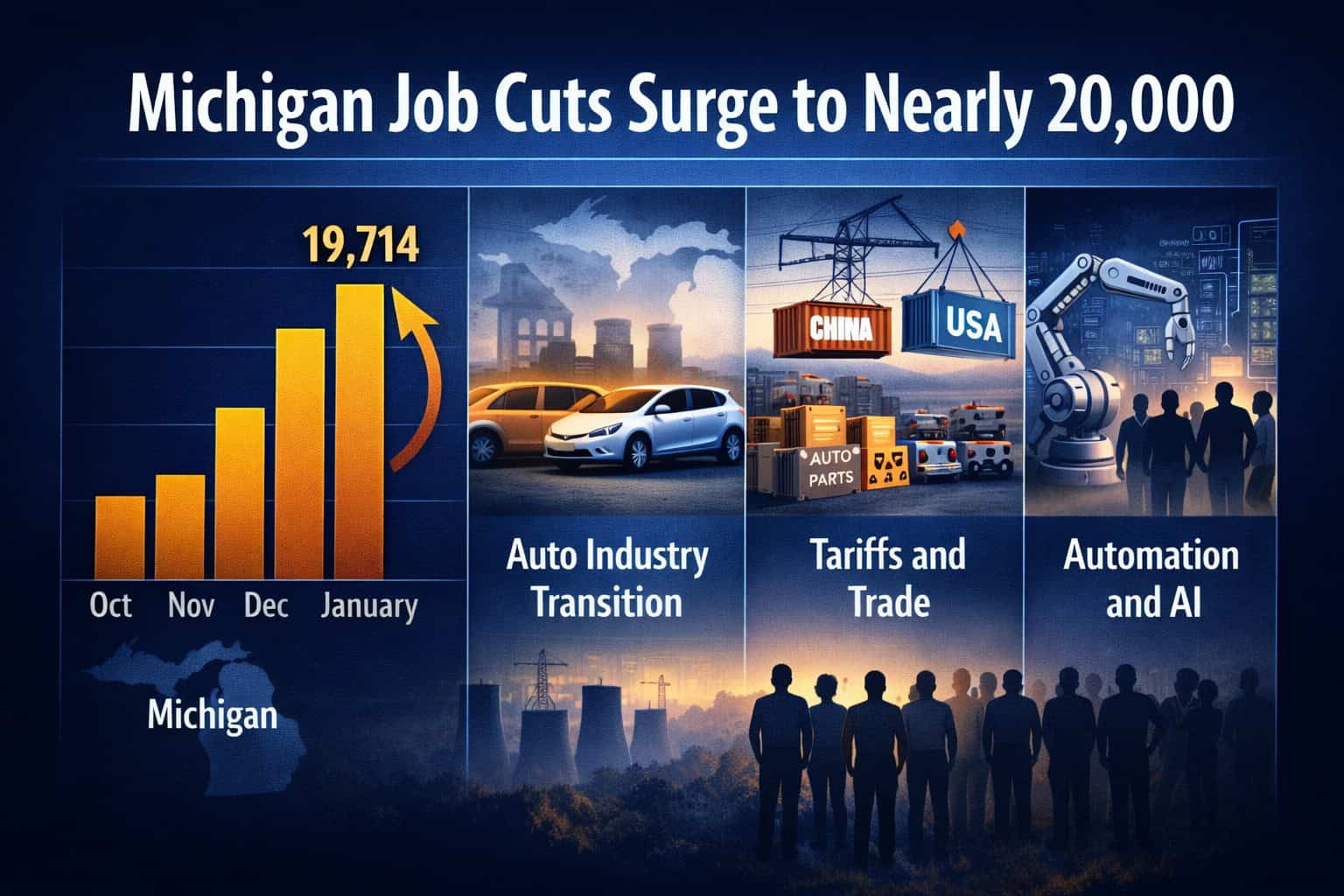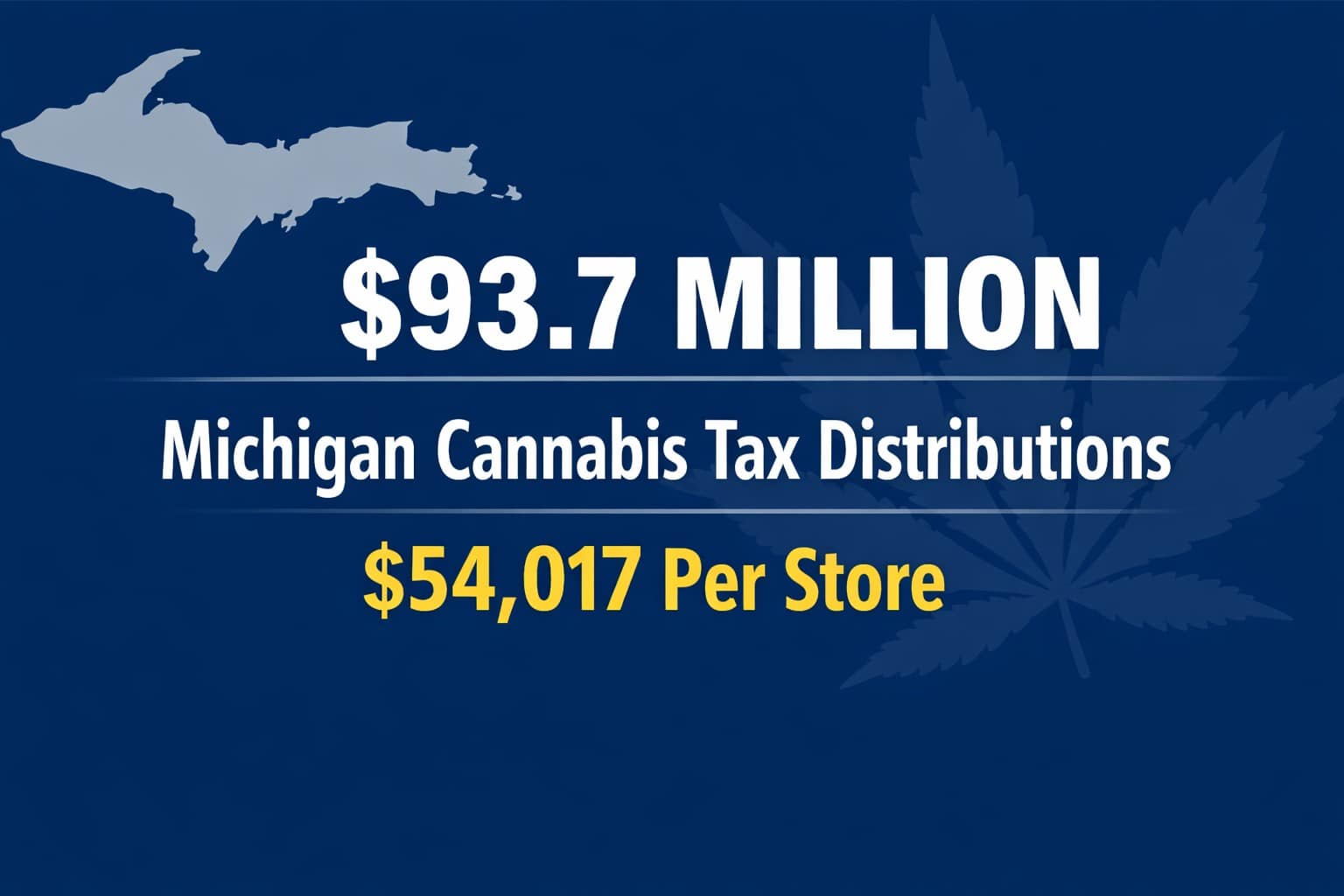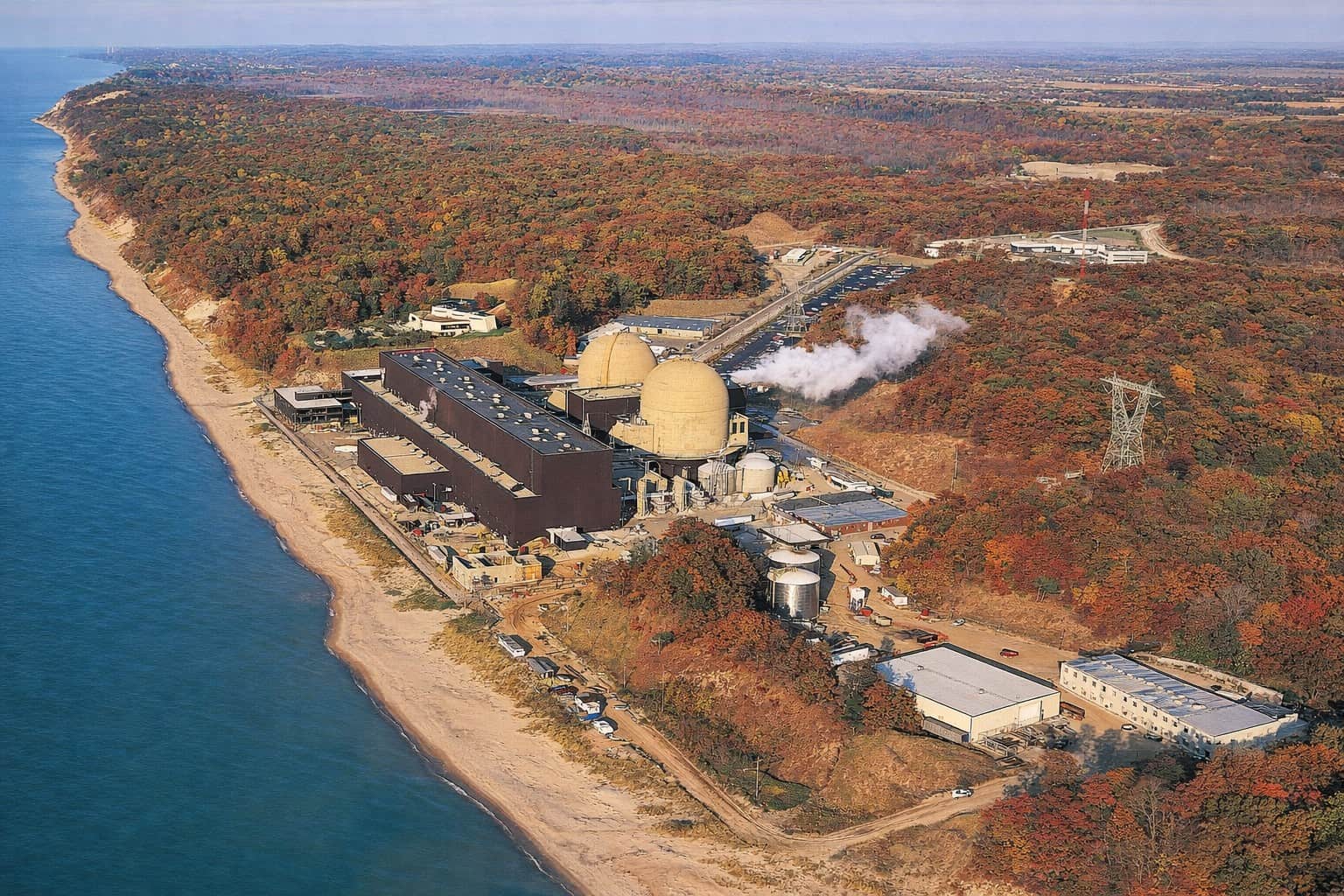DETROIT – The 2018 Farm Bill created what’s known as the “Farm Bill loophole” that made hemp-derived THC federally legal. This has allowed operators in other states where marijuana is illegal to take hemp-derived THC and combine it with enough additives to mimic full-THC marijuana products — circumventing regulated states like Michigan — and ship them nationwide.
Now Congress is in a battle over a new Farm Bill, a $1.5 trillion package that sets agricultural and food policy for the next five to six years, and will decide whether to close the loophole or let it stand. The hemp-derived market, which also includes non-intoxicating CBD products that include gummies and creams for sleep and pain, is worth an estimated $28 billion and supports 328,000 workers in the U.S., according to Oregon cannabis industry analysis firm Whitney Economics.
On one side are hemp farmers from states like Indiana that have now become reliant on the growing hemp industry and on the other is state-regulated marijuana industries like the one in Michigan.
Many in Michigan’s cannabis industry, which first began legal recreational sales in late 2019, are paradoxically for the prohibition of this type of cannabis while others want hemp-derived to at least be state-regulated.
“Exploitation of a Farm Bill loophole created a market and means for intoxicating hemp-derived cannabinoids to be sold, untested, at convenience stores and over the internet, often to minors,” Lance Boldrey, a partner at Detroit-based law firm Dykema Gossett PLLC and part of the legal team that designed the state’s marijuana legalization framework. “These products are marketed with marijuana strain names and as having the same effects. They can be produced far more cheaply than marijuana and with minimal, if any, regulatory requirements and costs production and definitely have an impact on the Michigan market for regulated marijuana.”
Competing cannabis characteristics
The 2018 Farm Bill effectively de-scheduled hemp as a controlled substance, stating that any cannabinoid derived from hemp — defined as cannabis containing less than 0.3% THC — could be sold in the market, free of federal intervention.
In other words, with enough additive ingredients, gummies and drinks could be created to offer the same psychoactive effects as traditional marijuana that’s heavily regulated in states like Michigan. This has led to a recent boon for operators in other states — as Michigan regulates all hemp and cannabis products, regardless of the Farm Bill — who can not only federally produce THC products, but can ship them across state lines provided they don’t surpass 0.3% THC by weight.
For instance, Massachusetts-based Cantrip distributes hemp-derived THC drinks to 39 states thanks to the Farm Bill. In Michigan, however, hemp-derived THC is regulated like traditional cannabis-derived THC and therefore is barred from sales outside of a marijuana dispensary. This makes the market effectively a non-starter for these companies because they see success by being able to sell their products in grocery stores and other less-regulated retail outlets than dispensaries.
Cans of THC beverages sit in a drink cooler, seen April 16, 2024, at the Pleasantrees retail location in the former Gibraltar Trade Center in Mount Clemens.
But despite Michigan’s regulations, consumers can simply order many similar hemp-derived THC products online and shipped directly to their door. There’s no oversight on whether and how those products were tested, said Dave Morrow, chair of the state’s largest cannabis operator, Lume Cannabis Co.
“We’re not anti-hemp or anti-hemp-derived cannabis, but all THC products need to be regulated and tested,” Morrow said. “We worry that this unregulated sector of the market is going to come back and harm the regulated markets. We have to test for yeasts and molds and bacteria. They don’t. And if someone gets hurt by this stuff, we’re afraid that backlash will harm the entire THC market and ruin all this progress we’ve made or put it in reverse.”
To read more, click on Crain’s Detroit






